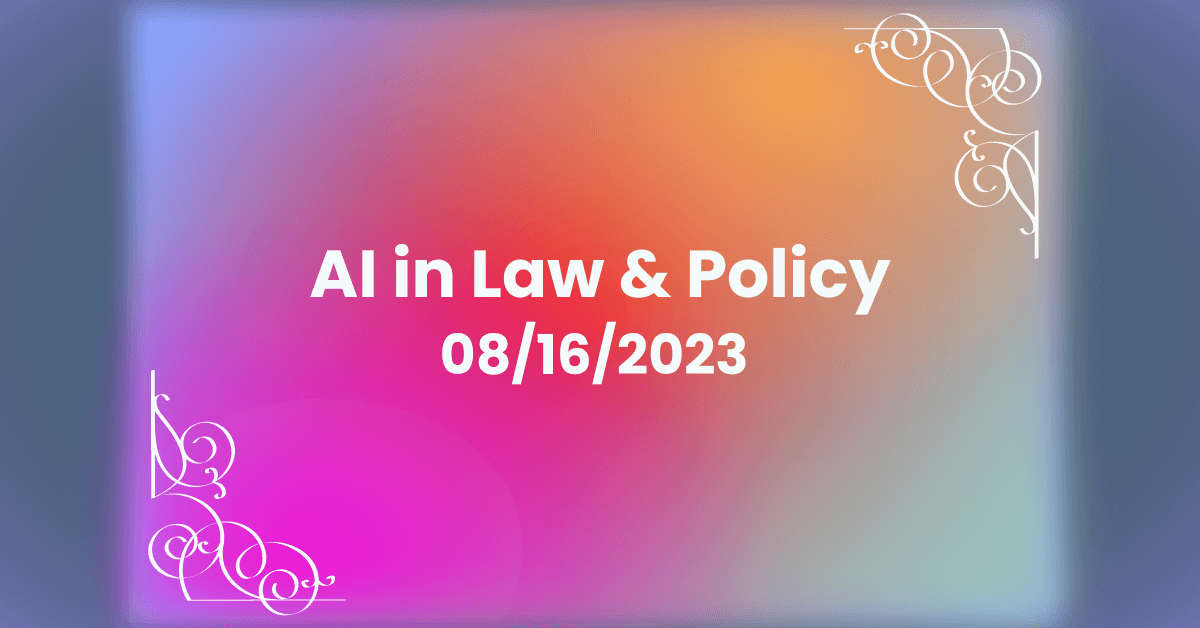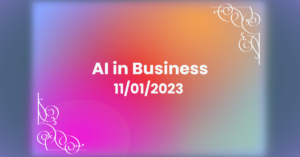“Navigating the IP Landscape in AI” Panel
Jordan Ritter, co-founder of the early file-sharing software Napster, appeared alongside other intellectual property personalities as part of the “Navigating the IP Landscape in AI” panel in late July, Geekwire reports. Ritter distinguished Napster from the explosion in AI-driven products and platforms, citing the presence of an “economic market force” driving Napster’s growth, and criticized the specter of regulation even as litigation ramps up against AI leaders. “Restriction and legal stuff is the enemy of innovation and ingenuity,” Ritter is quoted to have said in the Seattle panel, not surprising as he is currently the co-founder of Augment, an AI-driven personal assistant. It is worth recalling, however, that the history of intellectual property innovation is written in the blood of defiant startups. Market pressure or none, when Napster butted heads against the recording industry, Napster lost. A&M Records v. Napster, Inc., 239 F.3d 1004 (9th. Cir., 2001).
Whether or not AI technology will remain in the hands of a small number of corporate giants or industry masters remains to be seen, but the European Union has nonetheless aggressively begun pursuing regulation to forestall the worst risks of AI anti-consumer weaponization. It is reasonable to expect that the EU’s theory, if not its framework, will find its way into other legislative schemes, and companies both large and small who do business in the EU will need to establish and maintain compliance with the Act. An article at Towards AI introduces the regulation to readers wary of technical debt, a subject likely to strike fear into the hearts of developers and their legal teams alike. The AI Act sorts AI systems into risk categories, prohibiting altogether the highest-risk implementations of AI, such as biometric profiling and tools that exploit the vulnerabilities of a protected group. The categories are intuitive, but like the other sweeping EU regulation of recent memory, litigation is likely to be the only true test for what kind of functionality constitutes what kind of risk.
Further Reading
- Artificial intelligence is gaining state lawmakers’ attention, and they have a lot of questions – Connecticut lawmakers consider regulating the government prior to private companies. – AP News
- AI regulation is taking shape, but startups are being left out – Big Tech looms large in conversations about regulating AI despite the reality that smaller companies will be the ones most greatly affected. – The Verge







